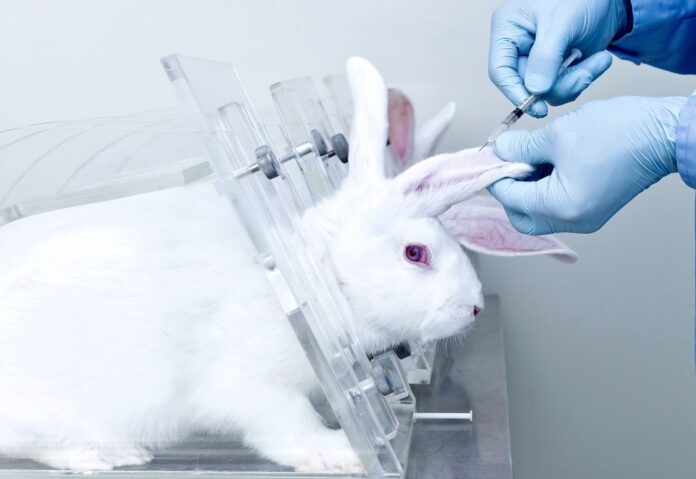
The Colombian Senate Votes To Ban Animal Testing For Cosmetics; Bill Now Moves To President’s Desk For Signature
By Lauren Lewis
You can help all animals and our planet by choosing compassion on your plate and in your glass. #GoVeg
RELATED ARTICLES
Victory! Great Britain Has Finally Banned The Live Export Of Farm Animals
The Animal Welfare (Livestock Exports) Bill, that will ban farmed animals from being exported from Great Britain for slaughter, has passed its final stage...
Judge Dismisses Felony Charges Against UC Berkeley Student Who Rescued Four Chickens From A Slaughterhouse
A Sonoma County judge dismissed multiple felony charges against UC Berkeley student Zoe Rosenberg, 21, who is being prosecuted for rescuing four chickens from...
The Most Endangered Species On Earth & The Race To Help Save Them From Extinction
The world is facing a crisis in biodiversity as a growing number of species are facing extinction. Among them, some are particularly at-risk of...
Popular stories
Breaking News
FOUR PAWS Rescues 48 Wild Animals, Including A Group Of Lions From War-Torn City In Sudan
In November 2023, global animal welfare organization FOUR PAWS evacuated 48 wild animals from a major conflict zone in Sudan’s capital city of Khartoum....
News
Tragic News As Massive Explosion At Southfork Dairy Farm In Texas Kills An Estimated 18,000+ Cows
What may be the deadliest barn fire ever involving cows occurred Monday evening at the Southfork Dairy Farm near Dimmitt, Texas. While there were no...
South Korean President Suggests A Ban On Dog Meat, Giving Hope To A Possible End To The Country’s Horrific Trade
Photos By: Humane Society International
Animal activists from around the world are hopeful after South Korean President Moon Jae-in suggested that it might be time...


